
The Brazilian Pilots Who Fought for Hitler
When we think of the skies over Europe during World War II, we often remember the brave Brazilian pilots who fought alongside the Allies in Italy. But history often holds unexpected layers. What if I told you that Brazilians also wore the uniform of the Luftwaffe, Nazi Germany’s air force?
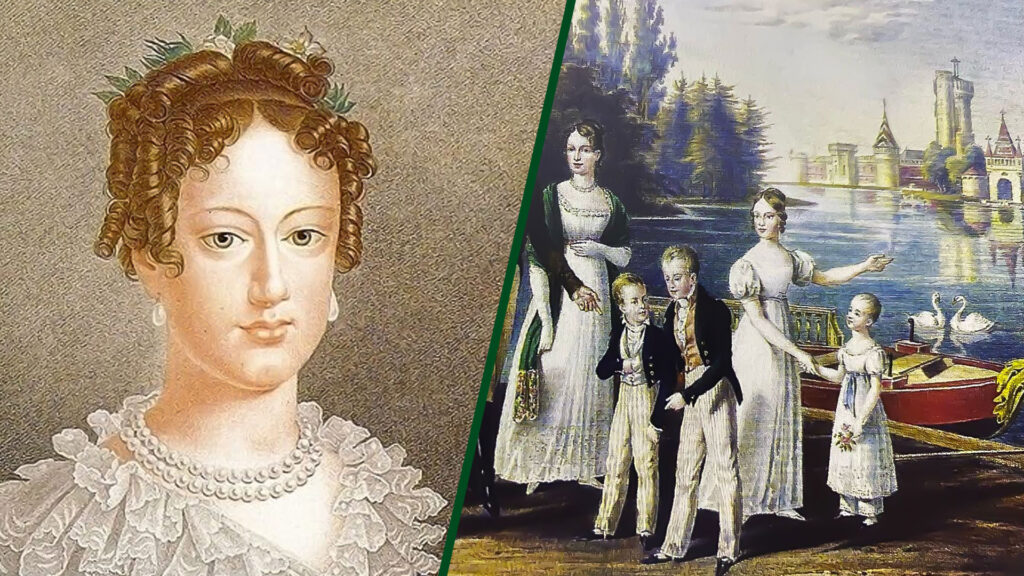
Leopoldina: A Life Shaped by Strict Education
Maria Leopoldina was born in 1797, in one of the most conservative royal houses of Europe. Her education was aimed not only at personal development but also at political duty. The strict culture and education of an Austrian archduchess were among the main criteria for a prince to have one

The creation of “Senta a Pua!” in World War II
One of Brazil’s main combat groups during World War II was undoubtedly the 1st Fighter Aviation Group. This aviation group was created by Presidential Decree No. 6,123 on December 18, 1943, and Lieutenant Colonel Nero Moura, Vargas’ personal pilot and trusted confidant, was appointed as its commander. The group was
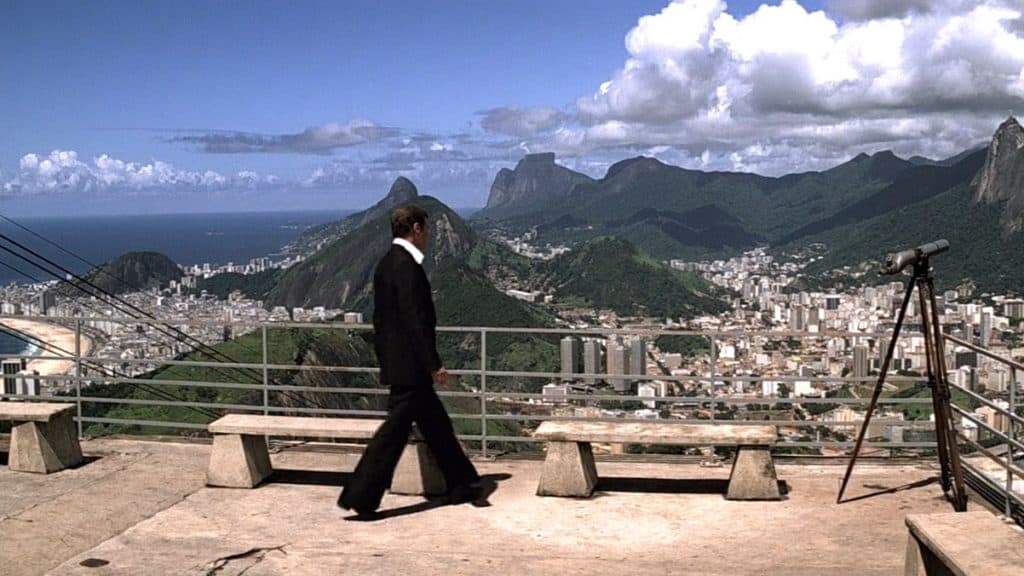
The Day James Bond Came to Brazil
If you are a fan or not of the 007 – James Bond franchise, you’ve probably seen an image or a clip from the movie Moonraker (or 007 Contra o Foguete da Morte in Portuguese), which remains the only Bond movie set in Brazil, specifically in Rio de Janeiro. The film

1942: Brazil and Its Almost Unknown War | Review
The book 1942: Brazil and Its Almost Unknown War, written by João Barone, offers a detailed analysis of Brazil’s participation in World War II, a chapter of our history often overlooked. Barone, a musician and researcher, is also the son of a former Brazilian Expeditionary Force (FEB) soldier, and his

Discover the countries that speak the Portuguese language
The Portuguese language is one of the most spoken in the world, being the official or co-official language in several countries across four continents. These countries form the Community of Portuguese Language Countries (CPLP), an international organization aimed at promoting cooperation and the dissemination of the Portuguese language and culture.

D. Pedro II – The Untold Story: The Last Emperor of the New World Revealed Through Unpublished Letters and Documents | Review
D. Pedro II – The Untold Story: The Last Emperor of the New World Revealed Through Unpublished Letters and Documents, written by Paulo Rezzutti, offers an in-depth and revealing look into the life and reign of Dom Pedro II, the last emperor of Brazil. Utilizing unpublished letters and documents, the
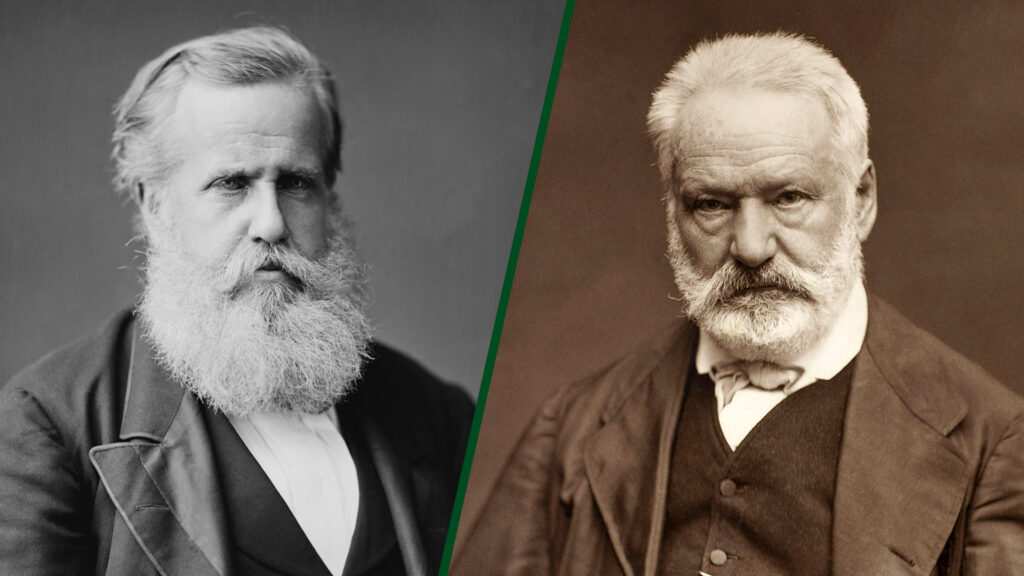
The meeting between Dom Pedro II and the writer Victor Hugo
Since his first trip to Europe, Emperor Dom Pedro II had wanted to meet the writer and staunch republican Victor Hugo, but the great writer’s isolation and the emperor’s previous travel schedule did not cooperate. On his new visit to Europe, with the famous writer once again established in Paris,

The origin of French Bread in Brazil
The bread most known and consumed by Brazilians is undoubtedly the French Bread. It is part of any Brazilian’s breakfast or afternoon snack. Despite its name, the French bread from our bakeries does not exist in France and, depending on the region of Brazil, it is called by another name.
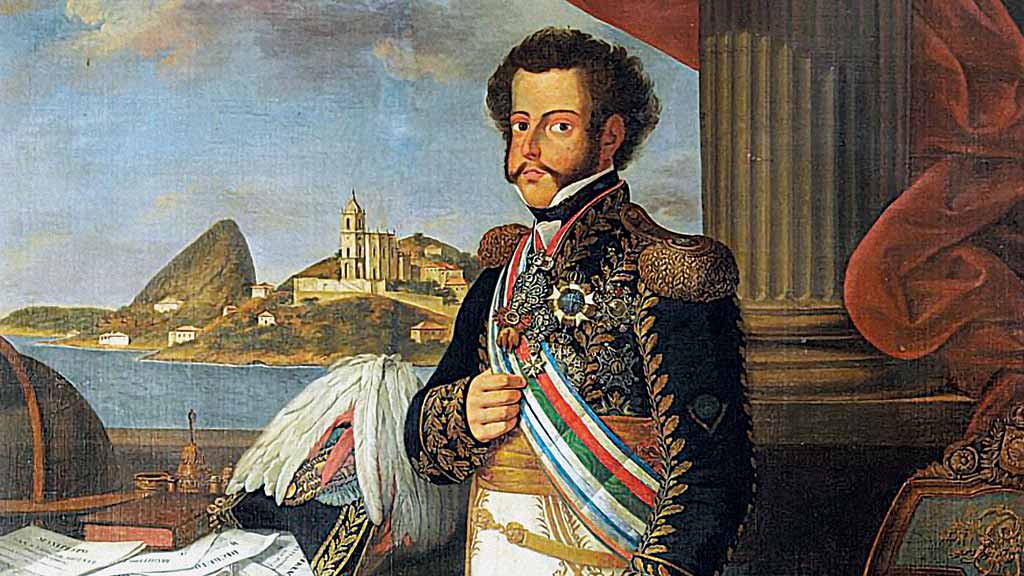
Dom Pedro I’s Epilepsy
Many people are unaware, but Dom Pedro I suffered from epilepsy – a condition that temporarily alters brain function, reversible, not caused by fever, drugs, or metabolic disorders. During the marriage process of the emperor with Dona Leopoldina, even the Austrians knew about Dom Pedro’s epilepsy, a condition that he,
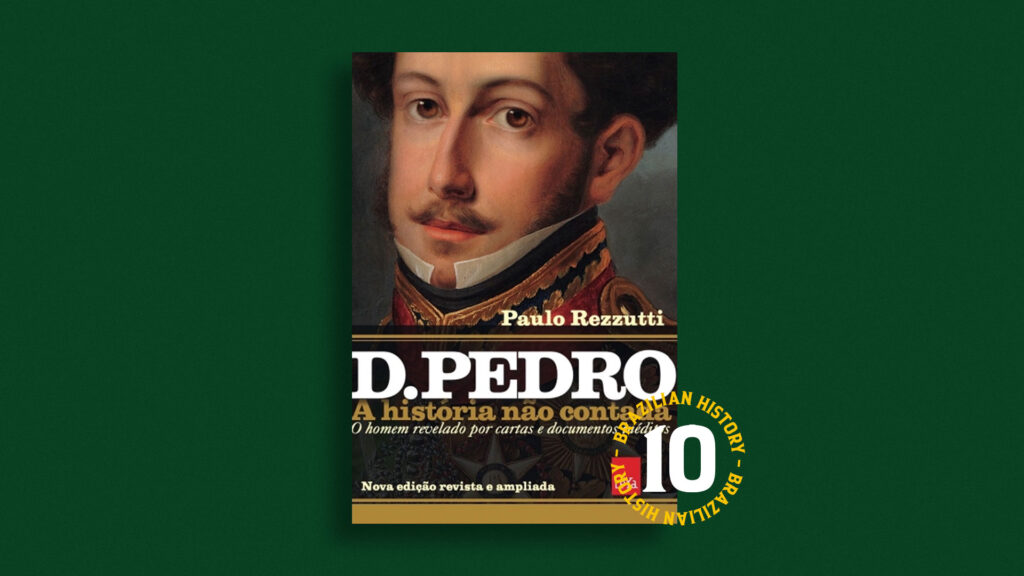
D. Pedro – The Untold Story: The Man Revealed by Unpublished Letters and Documents | Review
D. Pedro – The Untold Story: The Man Revealed by Unpublished Letters and Documents is a book by Paulo Rezzutti that offers a unique and detailed insight into the life of Emperor D. Pedro I of Brazil. The author uses unpublished letters and documents to reveal lesser-known and often overlooked
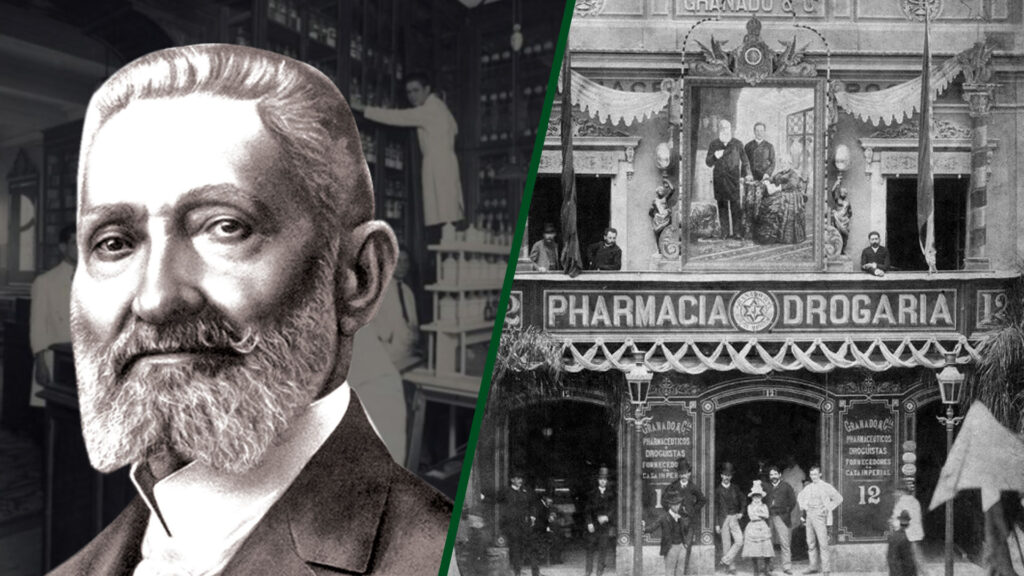
The history of Granado, the Official Pharmacy of the Brazilian Imperial Family
The history of Granado, the most traditional apothecary in Brazil, is old and as rich as the raw materials used to compose various moisturizers, soaps, perfumes, and other products. Most likely, you have already used Polvilho Antisséptico, a glycerin soap, or some other item, haven’t you?
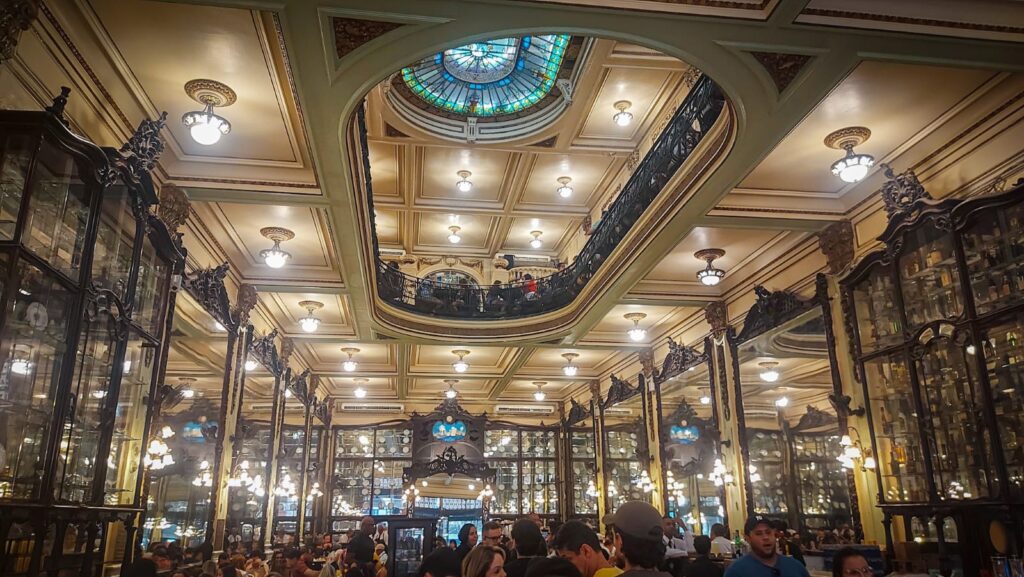
The origin of the popular saying “The customer is always right”
The origin of the popular saying “The customer is always right” is attributed to the founder of Confeitaria Colombo, a resident of the Glória neighborhood in Rio de Janeiro, who honored him by giving his name to one of its small alleys, Manoel José Lebrão (1868-1933).
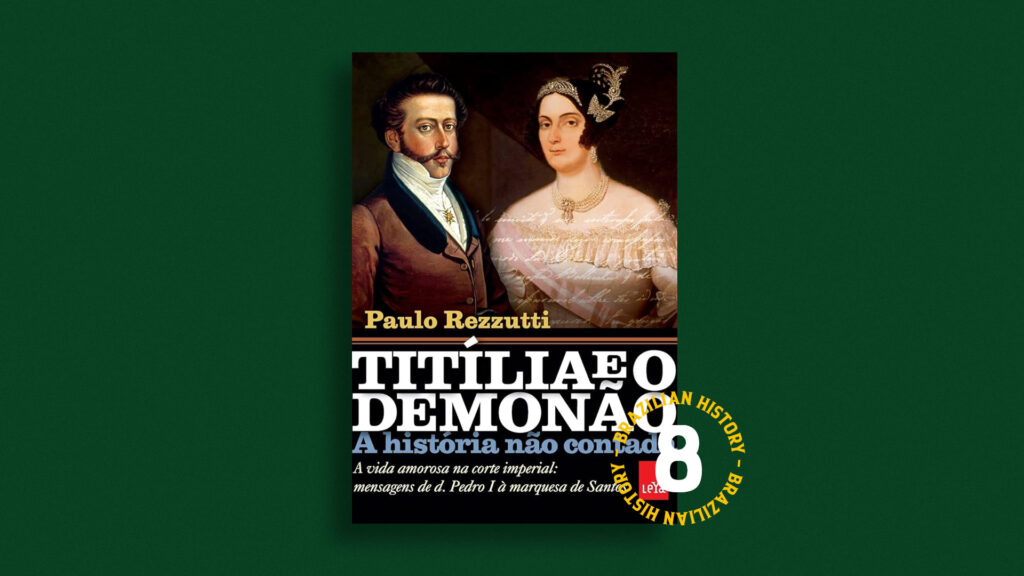
Titília and the Demonão – The Untold Story: Love life in the imperial court: Messages from D. Pedro I to the Marquise of Santos | Review
“Titília and the Demonão – The Untold Story: Love Life in the Imperial Court: Messages from D. Pedro I to the Marquise of Santos” is a work that delves into the historical intricacies and the most intimate and secretive aspects of the relationship between the Emperor of Brazil, D. Pedro
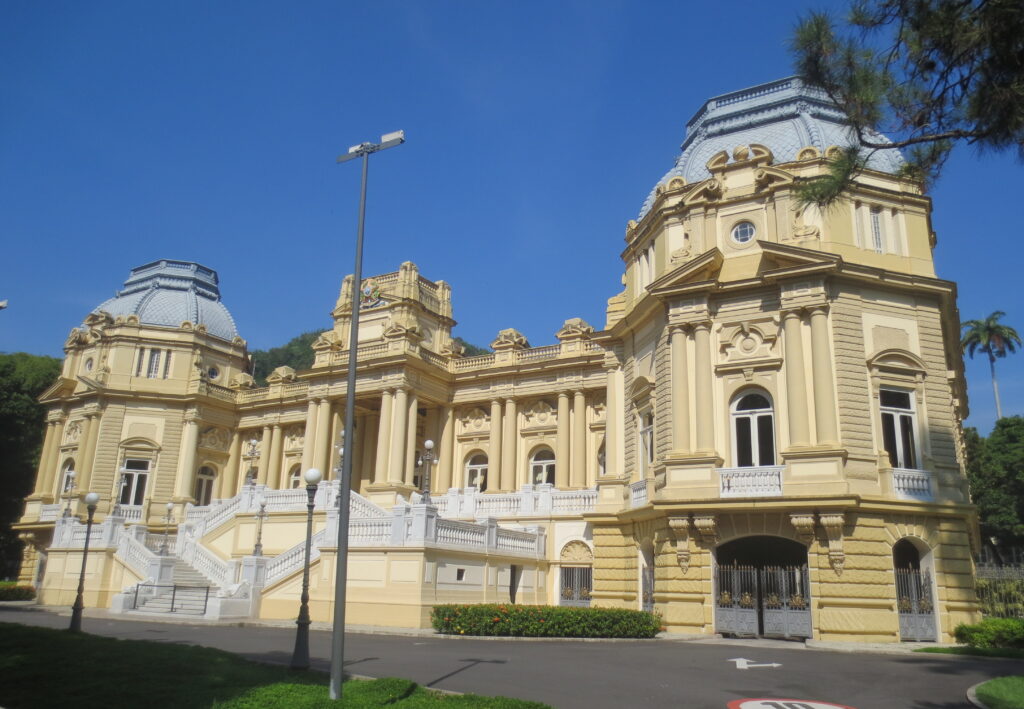
The Guanabara Palace in Rio de Janeiro
The Guanabara Palace in Rio de Janeiro was originally of neoclassical design, its construction started by the Portuguese José Machado Coelho in 1853, initially serving as a private residence until the 1860s. In 1865, it became the residence of Princess Isabel and her husband, the Count d’Eu, hence known as
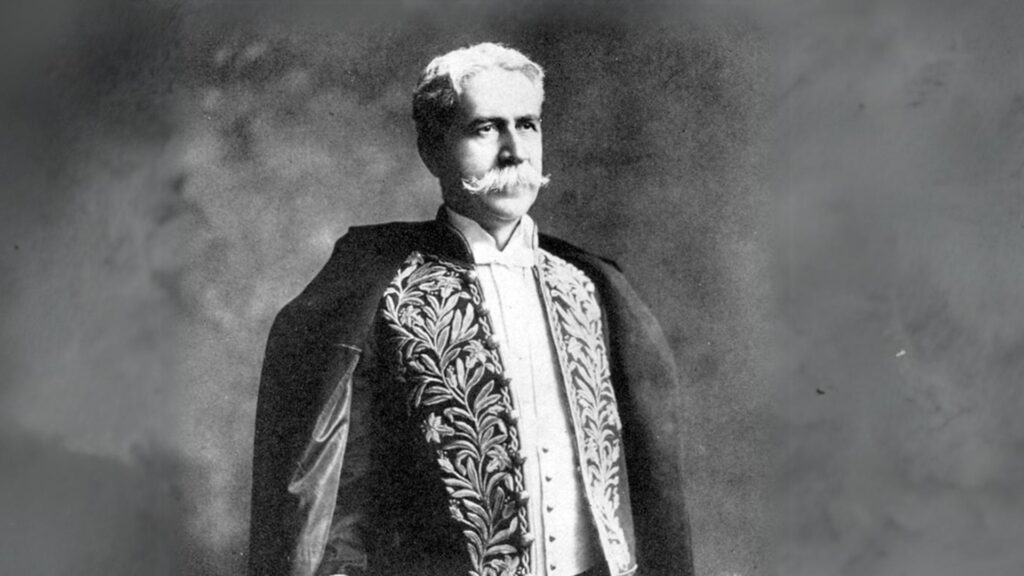
Joaquim Nabuco’s monarchist thinking is current
The importance of Joaquim Nabuco in Brazil during the 19th and early 20th centuries is quite evident, as his actions played a crucial role in the abolition of slavery. He is the author of famous yet curiously lesser-known works such as “Abolitionism” and “My Formation.” Joaquim Aurélio Barreto Nabuco de

The story of the song ‘Água de Beber’
The song ‘Água de Beber’ represents a treasure of Bossa Nova, a masterful creation by Antonio Carlos Jobim and Vinicius de Moraes, released in 1961. The English version of the lyrics was meticulously crafted by Norman Gimbel.
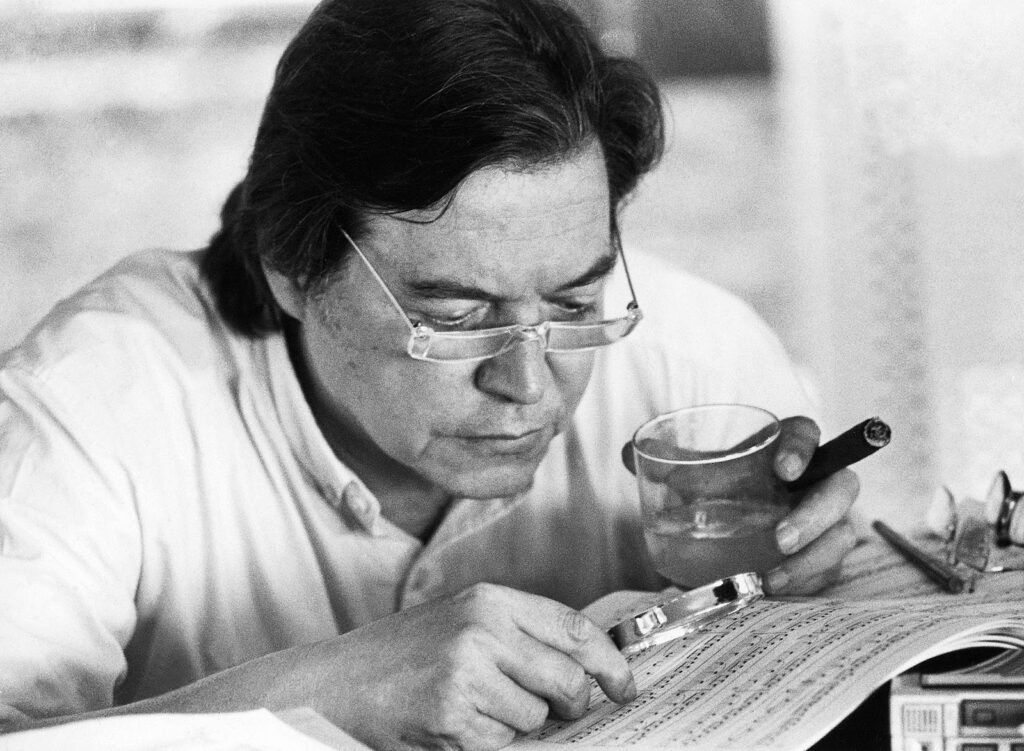
Today in Brazil: The musician Tom Jobim dies
On December 8, 1994, the musical world lost one of the most illustrious representatives of Brazilian sound art, Antônio Carlos Brasileiro de Almeida Jobim, known worldwide as Tom Jobim, one of the mentors of bossa nova. Recognized for his musical excellence and refinement, he passed away at the age of
